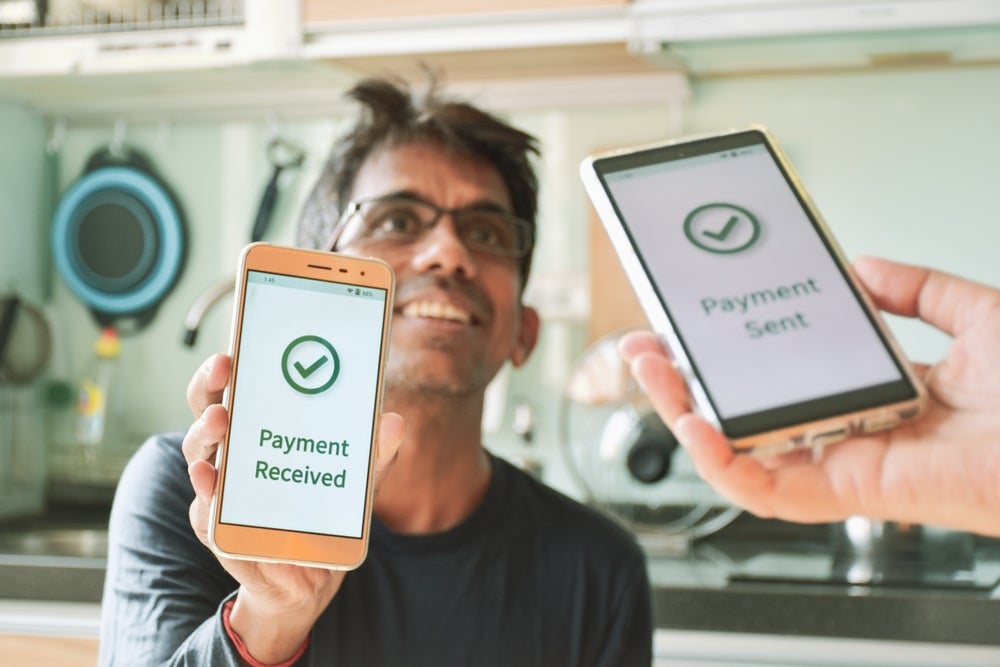
Remittances are a lifeline for millions of migrant workers and their families. Visa’s annual “Money Travels: 2024 Digital Remittances Adoption” research notes that humanitarian assistance was a predominant driver of remittance usage on the send side.
Indeed, the need for fast, easy and secure payments has never been more important to families, communities and economies around the world. And while global remittances declined year-over-year due to various economic challenges, Visa’s research shows that senders remain positive about future remittances.
The report also found that digital applications are the preferred ways to move money globally for more than two-thirds of remittance users. Specifically, 43% experienced no issues when sending or receiving digital remittances. This compares to the 76-77% who experienced issues when sending or receiving physical remittances including cash, cheques, and money orders.
“Migrant workers have shown incredible resilience within the past year to support families back home. But high inflation and a slowing economic growth has impacted the frequency that they can send vital funds home,” said Vira Platonova, Chief Revenue Officer, SVP, Global Money Movements at Visa. “One of our visions for Visa Direct is to create new opportunities for financial inclusion and wealth building by helping to simplify cross-border payments and streamline the way money travels. This new research shows incredible acceleration of digital payments. But there is still more the industry can do to bring streamlined remittances within reach for more migrant workers and their families who rely on these lifeline payments.”
Visa Money Travels: 2024 Digital Remittances Adoption study key takeaways
- Digital remittances continue to be the preferred method amongst surveyed consumers across most countries. In all markets except the UAE and Saudi Arabia, digital apps are preferred over sending digital remittances from a physical location. Similarly, digital apps are also favoured for receiving remittances in all markets. In Germany, sending cash was perceived as the least secure, especially when sent by mail or courier.
- Remittances motivation for sending varied across countries: Most surveyed in India (52%), Australia (49%), and Singapore (49%) said the top reason for sending remittances was because supporting the lives of people in crisis was important to them. Meanwhile, in Latin America, respondents sent money due to an unexpected need (Peru 27% and Mexico 36%), or own accounts/investments (Brazil 37%).
- Physical payments equate to hidden fees. Globally, over one-third (36%) of respondents have been offered a free transfer when sending cash, cheques, or money orders, only to find out there were hidden fees.
- Send and receive markets vary. Of the countries surveyed, Australia, Canada, China, Denmark, France, Germany, Norway, Saudi Arabia, Singapore, Sweden, United Arab Emirates, the UK, and the US were the largest source of remittances. The top remittance receivers were Brazil, India, Mexico, Peru, the Philippines, and Poland.
How well do you really know your competitors?
Access the most comprehensive Company Profiles on the market, powered by GlobalData. Save hours of research. Gain competitive edge.

Thank you!
Your download email will arrive shortly
Not ready to buy yet? Download a free sample
We are confident about the unique quality of our Company Profiles. However, we want you to make the most beneficial decision for your business, so we offer a free sample that you can download by submitting the below form
By GlobalData






